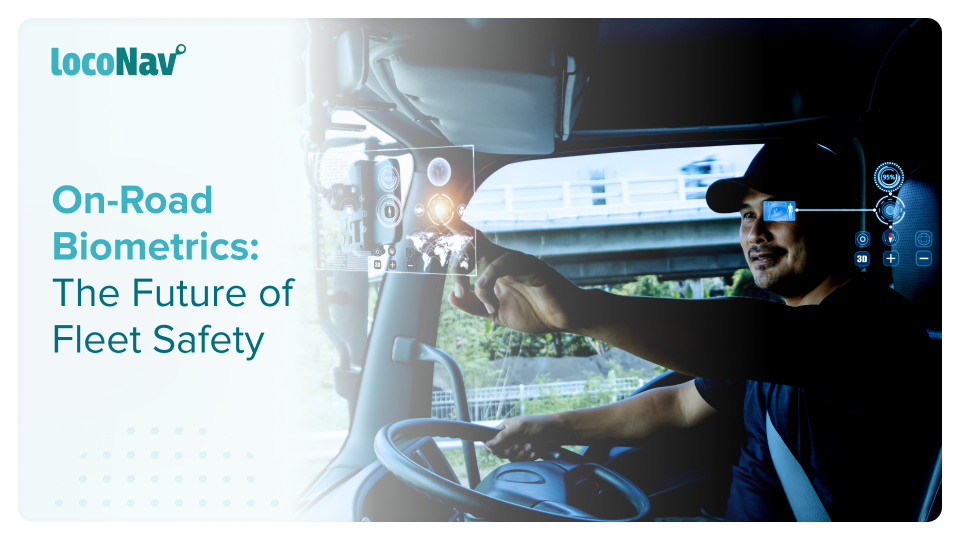

When we discuss the usage of biometrics in mobile phones, we are mostly discussing its role in security. However, the adoption of Biometric Identification has significantly increased the simplicity of use. A fingerprint or facial recognition system can eliminate the need to manually unlock a phone.
This convenience is one of the primary reasons why customers have largely adopted biometrics. This will help it gain traction in the automobile business. Drivers are already choosing automobiles with ‘keyless entry,’ but biometrics may be utilised for so much more in the automotive sector.
What is Biometrics in Vehicles?
Fleet biometrics is a technology that enables your vehicle to respond to the driver, whether for vehicle access or to improve the driving experience. It’s not so much about who you are as it is about what you want from your relationship with your automobile.
Many vehicles may remember seat and mirror configurations by connecting them with the key that is currently in use. Biometrics enable the vehicle to retain settings based on a user’s face and instantly change them to whoever is in the driver’s seat – no more realising you need to adapt the mirrors 2 minutes into your ride.
Manage your fleet efficiently with LocoNav’s Fleet Management Solutions!
How is Biometrics Data Useful for Fleet Managers?
Fleet biometrics have far-reaching ramifications for a variety of businesses. Automobile insurers, for example, might be able to provide better rates on a usage-based infrequent driver insurance policy. From raw telematic data, insurers could assess driver behaviour and track how frequently the covered vehicle is driven by the occasional driver.
Furthermore, fleet biometrics have the potential to improve driver and vehicle safety by reducing unlawful vehicle use. Insurers would also be able to see if somebody who was not on the insurance coverage had driven the vehicle.
An aggregate driving record can also enable targeted driver coaching via tailored in-vehicle driver assessment or a smartphone app.
Impact of Biometrics on the Future of the Fleet Industry
Here are some of the biggest ways fleet biometrics will impact the future of the fleet industry:
- Driver Identity Authentication
Fleet biometrics technology becomes increasingly advanced, particularly in the automobile industry, one of the most potential applications is for vehicle security. Cars can currently be manufactured with keyless, fingerprint ignition; considering the pace of current improvements, cars may eventually require face recognition and voice activation to switch on, or even unlock.
- Improving Rental Fleet Operations
As fleet biometrics becomes more prevalent, renting a vehicle may become easier than ever. Rather than making consumers wait in line, rental businesses might simply supply renters with temporary access using biometric information. Once their rental term was ended, renters’ access could be quickly revoked remotely, removing the need for tenants to engage with agencies in person.
- Improving Driver Safety
An extension of this technology is fleet biometrics seat technology. It can be used to detect a driver’s degree of stress and anxiety under uncommon driving scenarios. When there are physical disruptions to the vehicle, fleet biometrics can capture information to assess whether there are physical indicators of worry. If so, the car may propose that the driver take a break to increase their safety.
